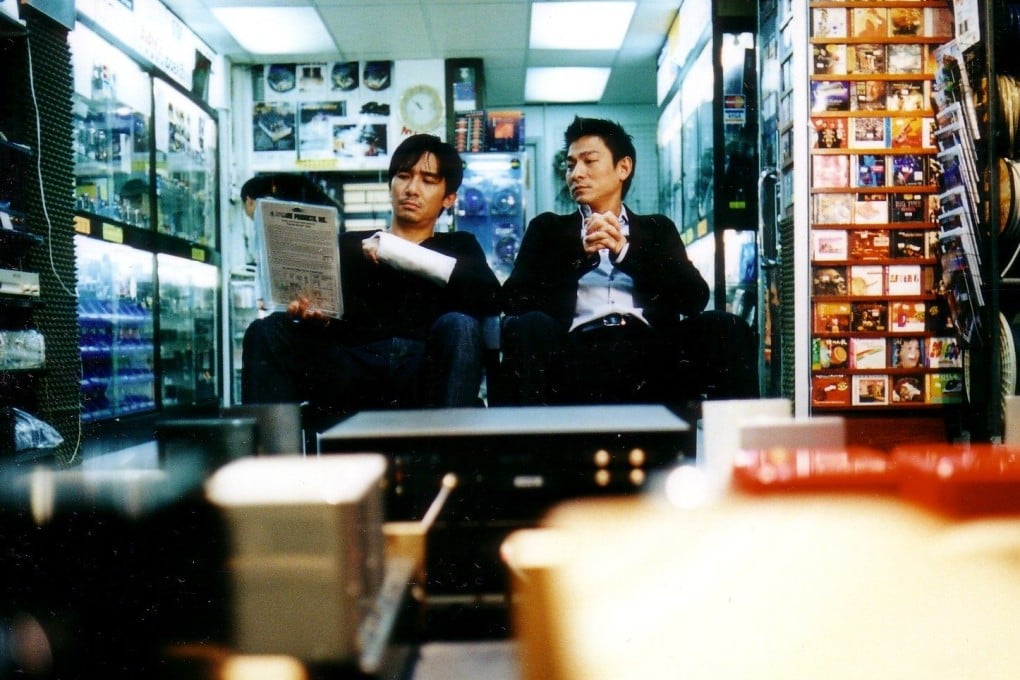Infernal Affairs at 20: how crime drama trilogy wowed Hollywood and got Hong Kong cinema-goers watching local films again
- With a cast including Andy Lau, Tony Leung Chiu-wai, Eric Tsang, Sammi Cheng and Kelly Chen, 2002 film Infernal Affairs was a slick Hong Kong production
- The police corruption drama led to a Hollywood remake by Martin Scorsese, spawned two sequels, and reinvigorated Hong Kong cinema for some time

Hong Kong films had ruled the roost at the local box office until the mid-1990s, when Hollywood films started to outdo them in popularity. By the end of the millennium, Hong Kong filmmakers were feeling desperate, wondering whether the city’s film industry could survive.
The 2002 production Infernal Affairs, co-directed by Andrew Lau Wai-keung and Alan Mak Siu-fai, marked a concerted effort to entice viewers back to locally made films and, although its effects were short-lived, it did provide a big boost to Hong Kong’s film industry.
“It is rare these days for Hongkongers to stand in line for any movie – let alone a local production – and it is heartening to see that a hunger for Cantonese-language cinema still exists,” wrote Post critic Paul Fonoroff on the film’s release.
The film’s 20th anniversary is being celebrated in a retrospective at this year’s Hong Kong International Film Festival, which is also screening its two sequels. All three films have been restored in 4K.
Infernal Affairs is more of a drama than a police actioner, and the action scenes are sparse and short.